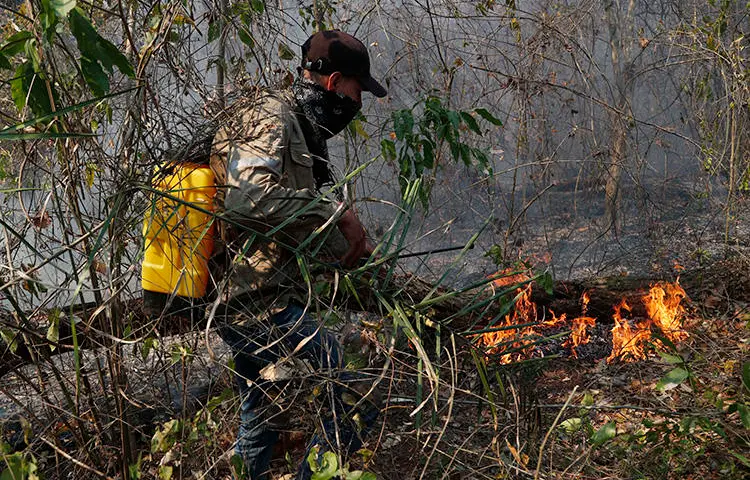John Otis/CPJ Andes Correspondent
John Otis, CPJ's Andes correspondent for the Americas program, works as a correspondent for Time magazine and the Global Post. He authored the 2010 book Law of the Jungle, about U.S. military contractors kidnapped by Colombian rebels, and is based in Bogotá, Colombia.
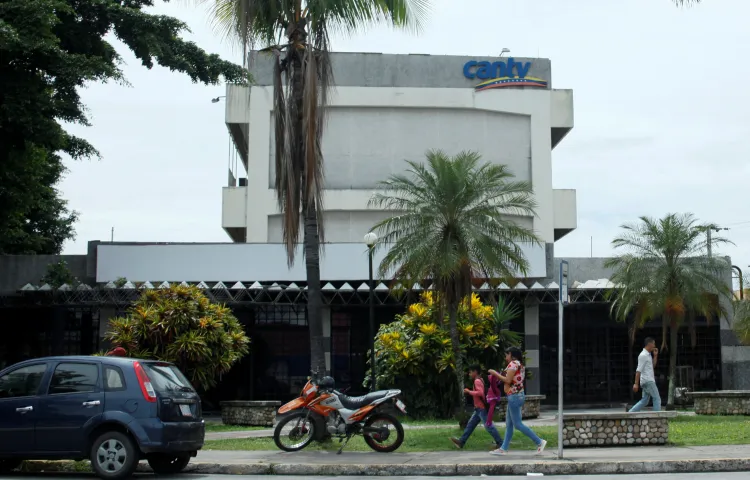
How Venezuela’s government uses private internet providers to restrict access to the news
After seven years of painstakingly building up its audience, Crónica Uno, one of the only high-quality news websites that caters to poor and working-class Venezuelans, was recording up to 15,000 unique page views per day. But after private internet service providers (ISPs) teamed up with Venezuela’s authoritarian government in February to block Crónica Uno and…
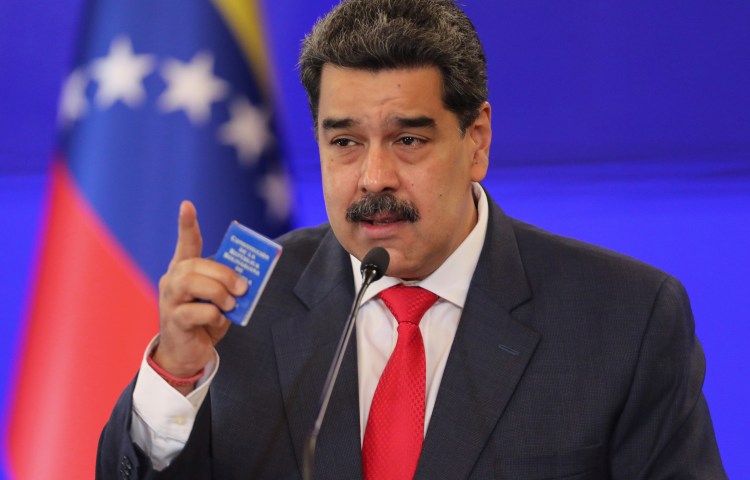
Proposed Venezuelan foreign funding law could have ‘huge impact’ on independent outlets
When Ewald Scharfenberg launched the investigative news website Armando.Info in 2014, about half of his start-up funds came from Venezuelan donors, subscribers, and advertisers, while overseas foundations provided the rest. But amid the worst economic crisis in Venezuela’s history, local income has disappeared, forcing Scharfenberg to rely almost entirely on international donations to keep Armando.Info…
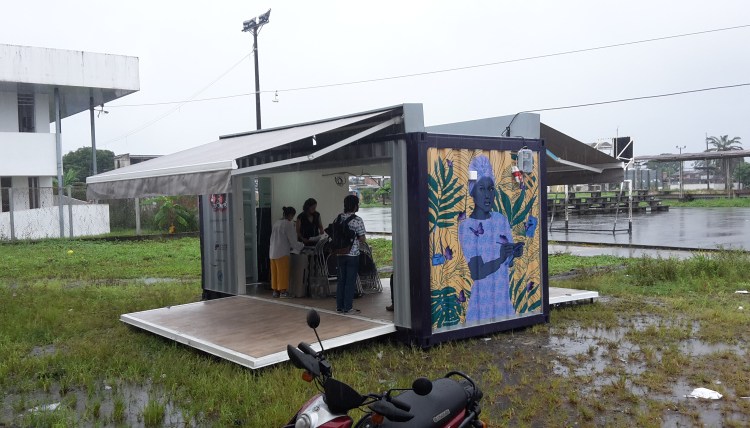
In Colombia, a shipping container on wheels brings a roving reporting workshop to news deserts
Can the key to ending news blackouts in isolated areas of Colombia come from inside a shipping container? The Bogotá-based Foundation for Press Freedom (FLIP) thinks so. In an experiment to turn community activists into reporters in regions that lack local news outlets, FLIP has converted a shipping container into a roving journalism classroom. For…
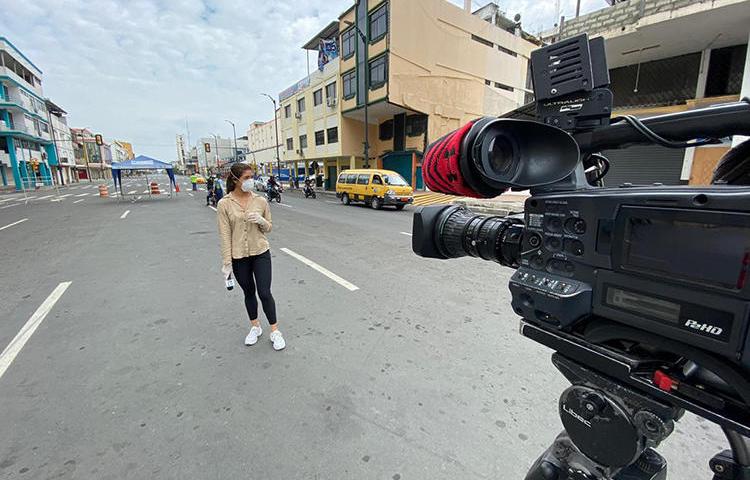
Journalist Dayanna Monroy on covering the COVID-19 crisis in Ecuador
Dayanna Monroy reports for the Teleamazonas television station in the port city of Guayaquil, the epicenter of Ecuador’s COVID-19 outbreak. She and her colleagues have recently reported on bodies piling up in morgues and being left for days in the streets and in people’s homes, the results of overwhelmed hospitals, funeral homes, and cemeteries.
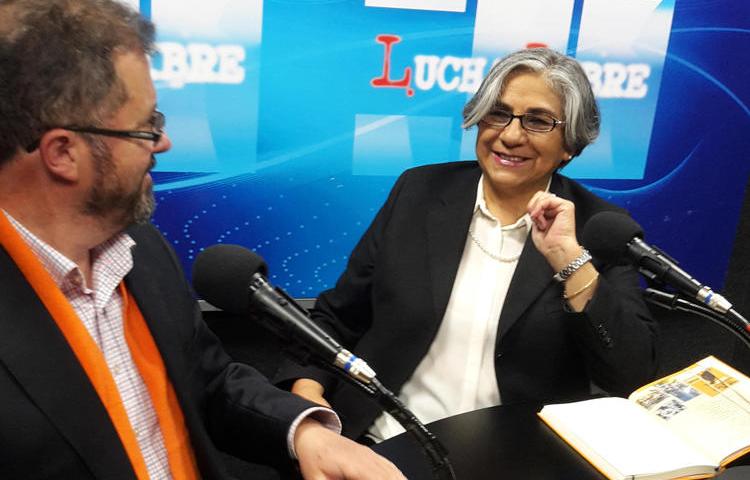
Forced out of jobs and sidelined, Bolivia’s independent journalists see their audience slipping away
Amalia Pando was once a ubiquitous presence on Bolivian radio and TV, hosting some of the country’s most popular news and political commentary programs. At age 66, she’s still at it, but her audience is a sliver of what it once was.
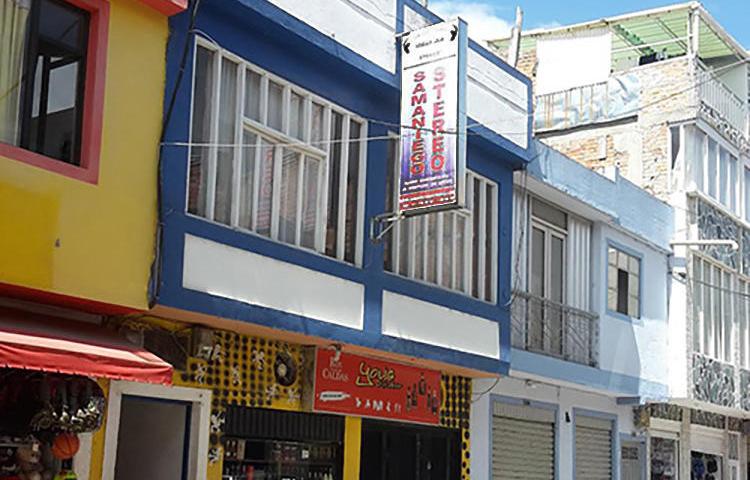
Killing of radio journalist highlights dangers for local reporters in Colombia’s border region
The otherwise Spartan studio of Samaniego Stereo is adorned by a white banner emblazoned with the image of Libardo Montenegro, a veteran reporter for the community radio station in southern Colombia who was shot dead on June 11. Under his photo are the words: “You will live in our hearts forever.”
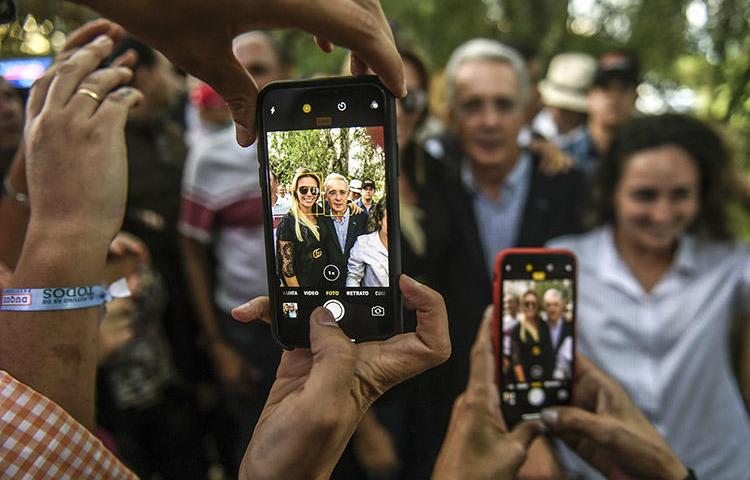
Uribe lawsuit part of ‘systematic campaign to silence me,’ Colombian reporter Coronell says
A civil defamation lawsuit filed in a U.S. court by former Colombian President Álvaro Uribe Vélez against journalist Daniel Coronell is the latest broadside in a long and bitter dispute pitting one of Colombia’s most powerful politicians against an investigative reporter.
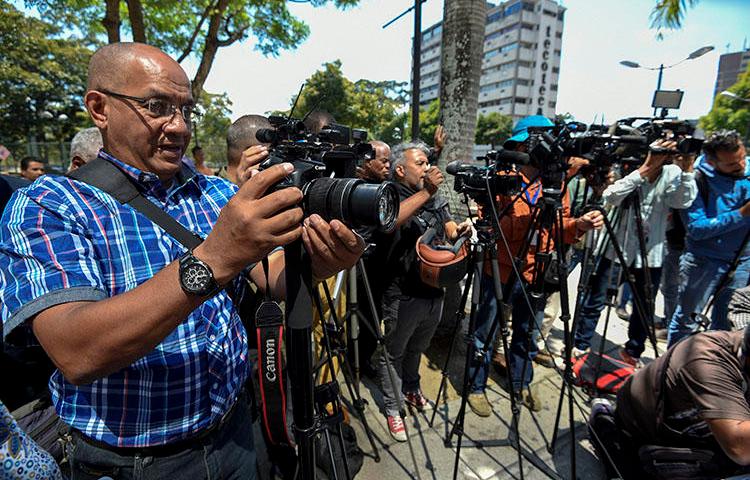
Venezuela’s intimidation tactics include arbitrary arrests, deportation
When Venezuelan military officials detained American freelancer Cody Weddle on March 11, the experience was both frightening and bizarre. Weddle said that agents put a hood over his head and pressed him to reveal sources he had never spoken with. They suggested the reporter was a member of the CIA and would be charged with…
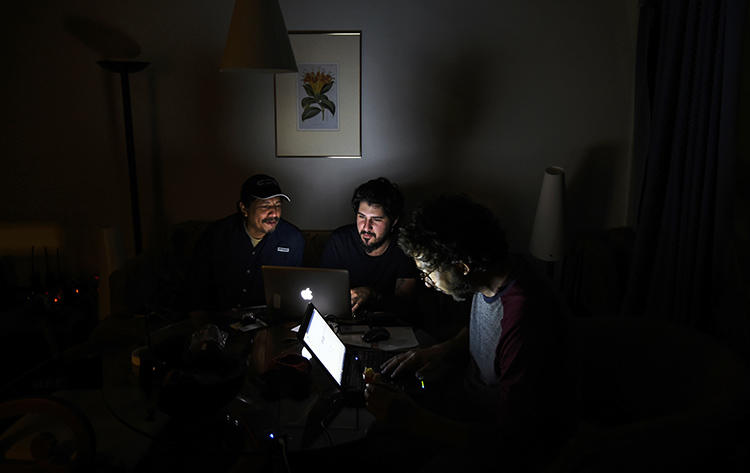
Maduro’s internet blackout stifles news of Venezuela crisis
One of the world’s biggest news stories on March 4 was the daring return to Venezuela of opposition leader and self-proclaimed interim president Juan Guaidó, who faced possible arrest by the authoritarian regime of Nicolás Maduro. But most Venezuelans were unable to follow his homecoming.
